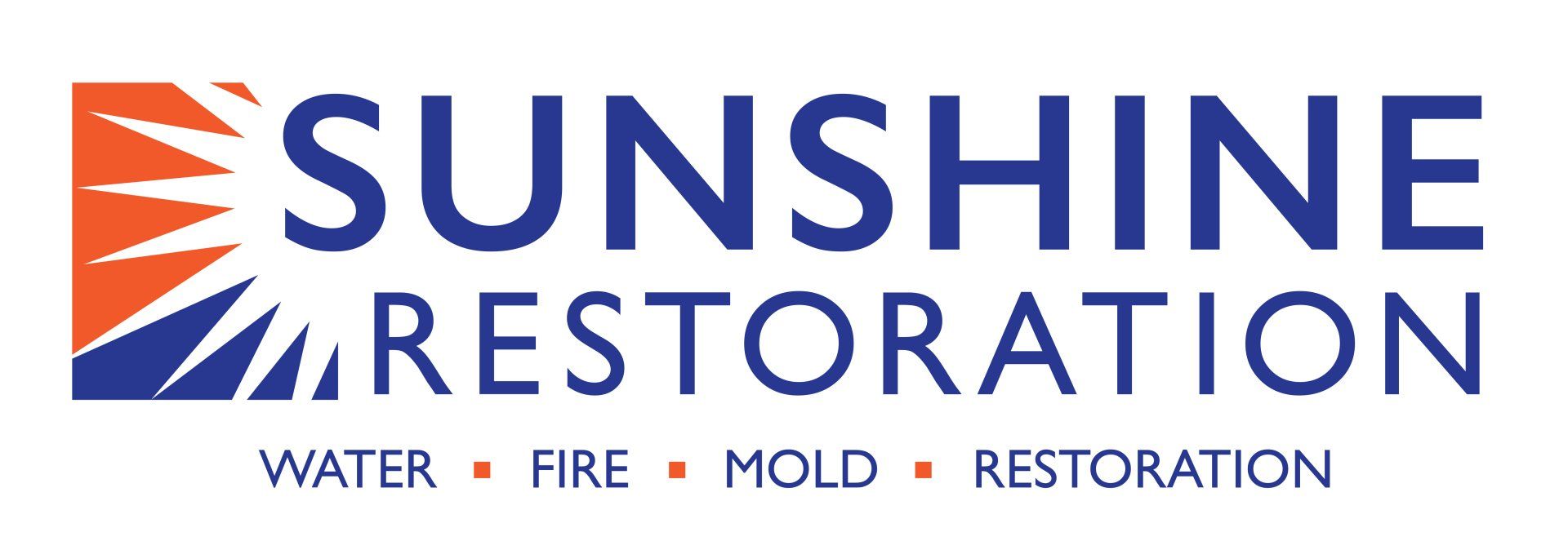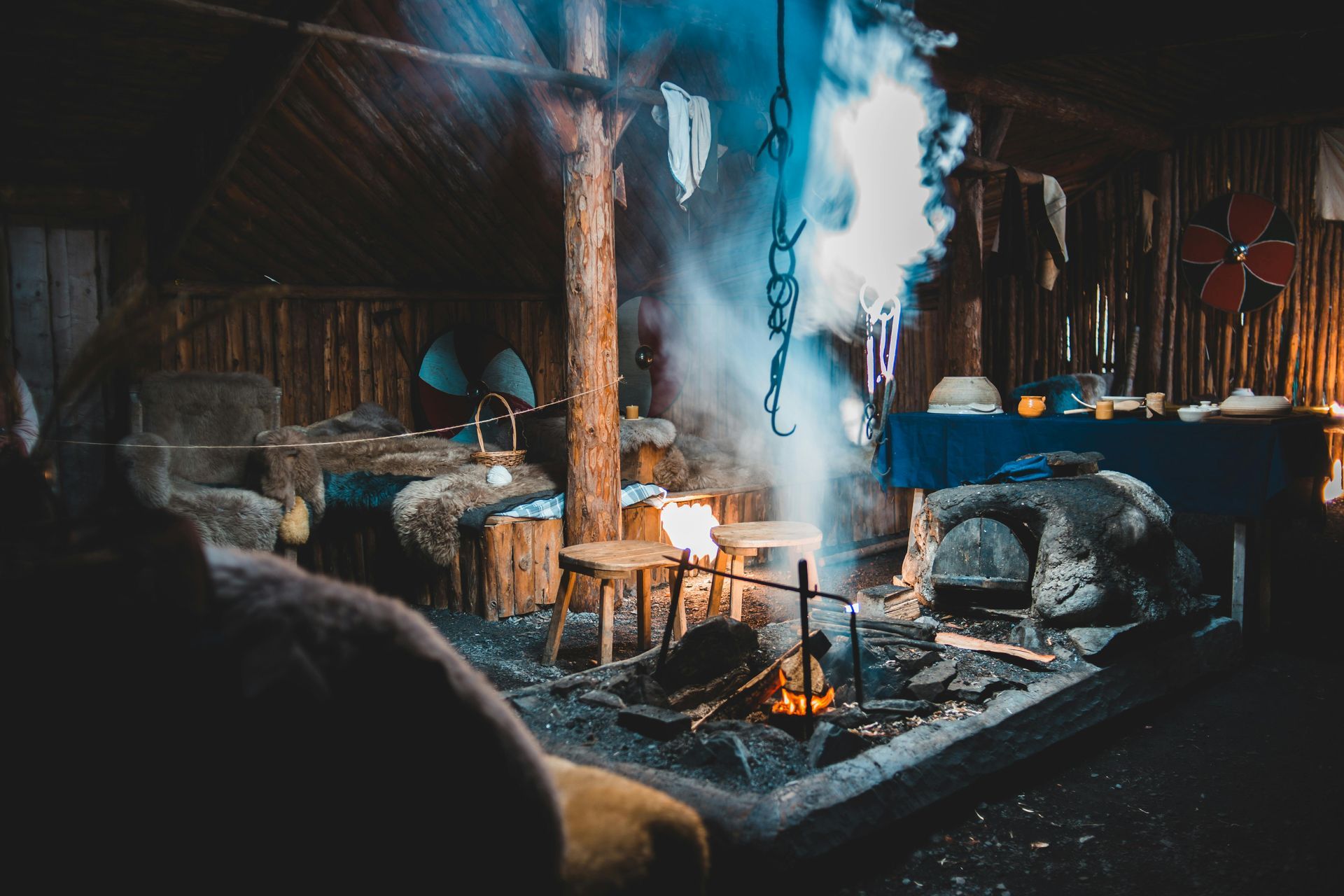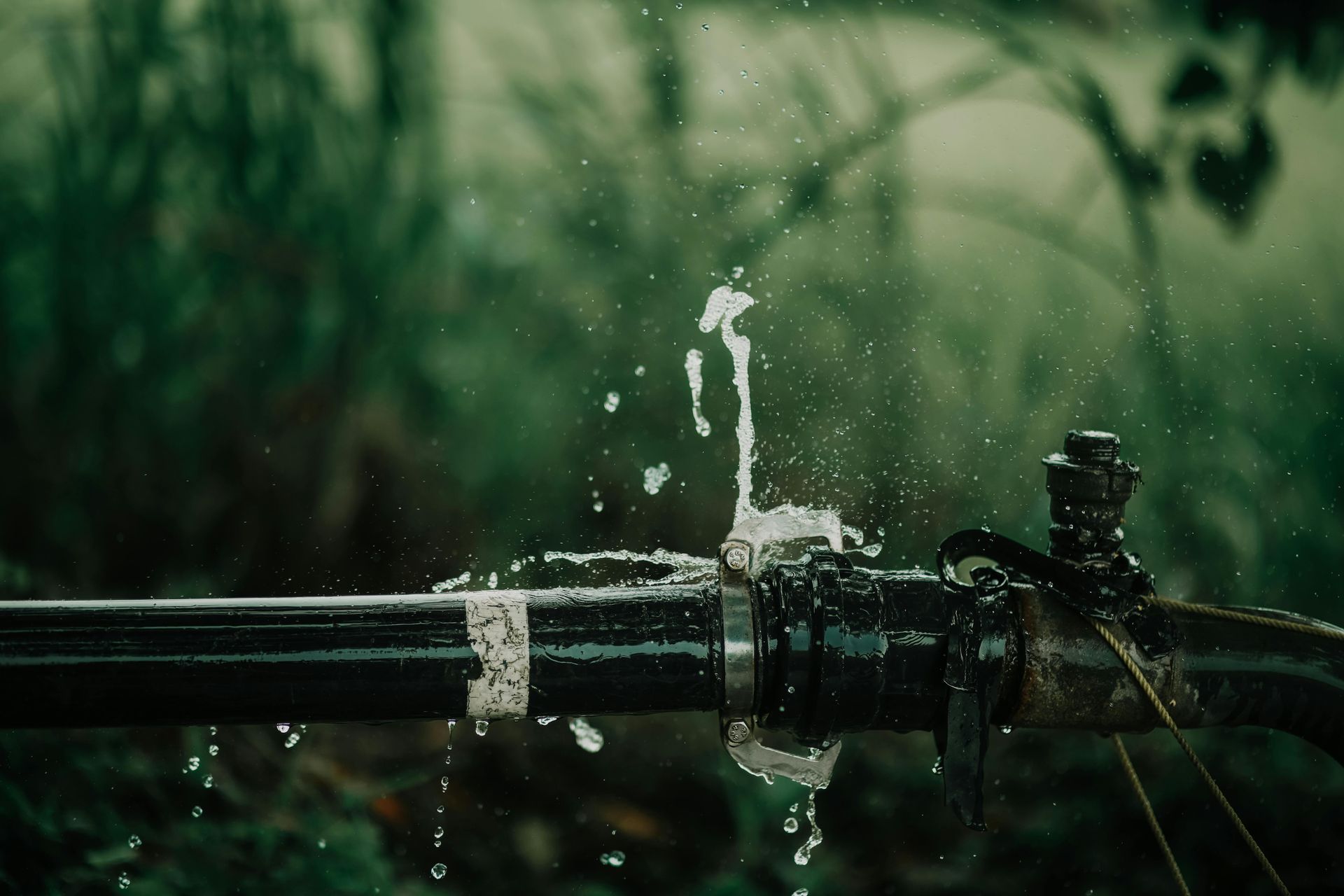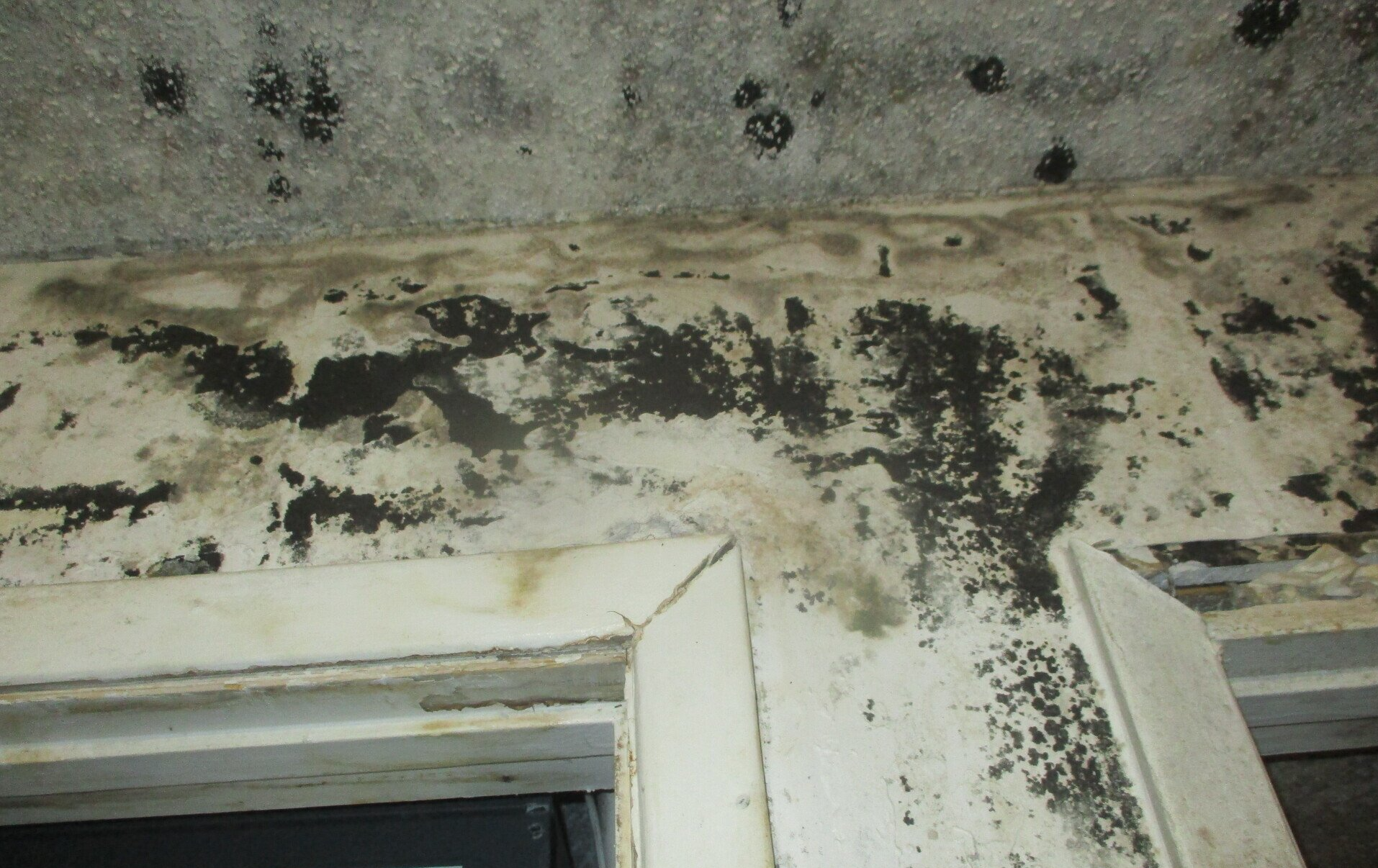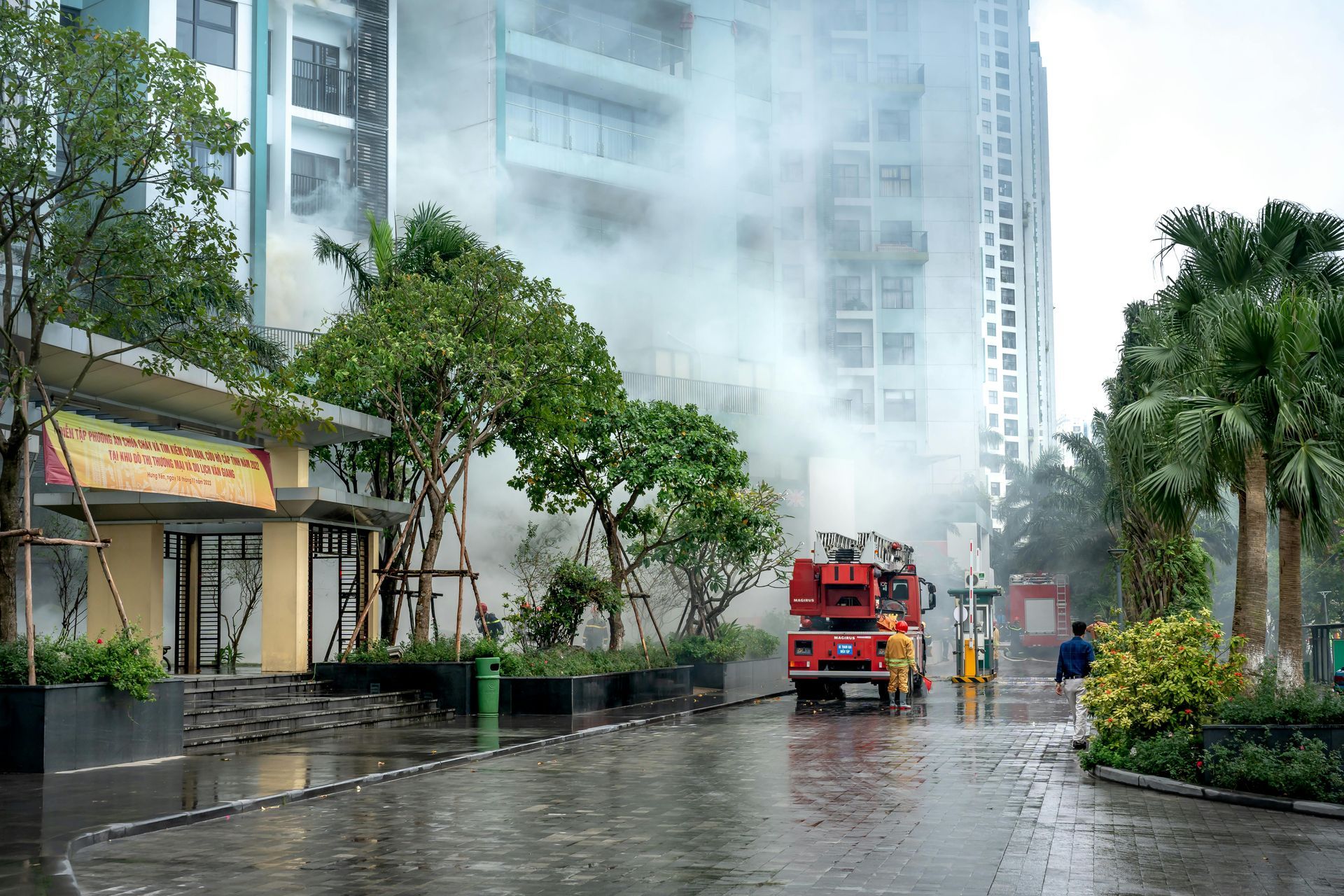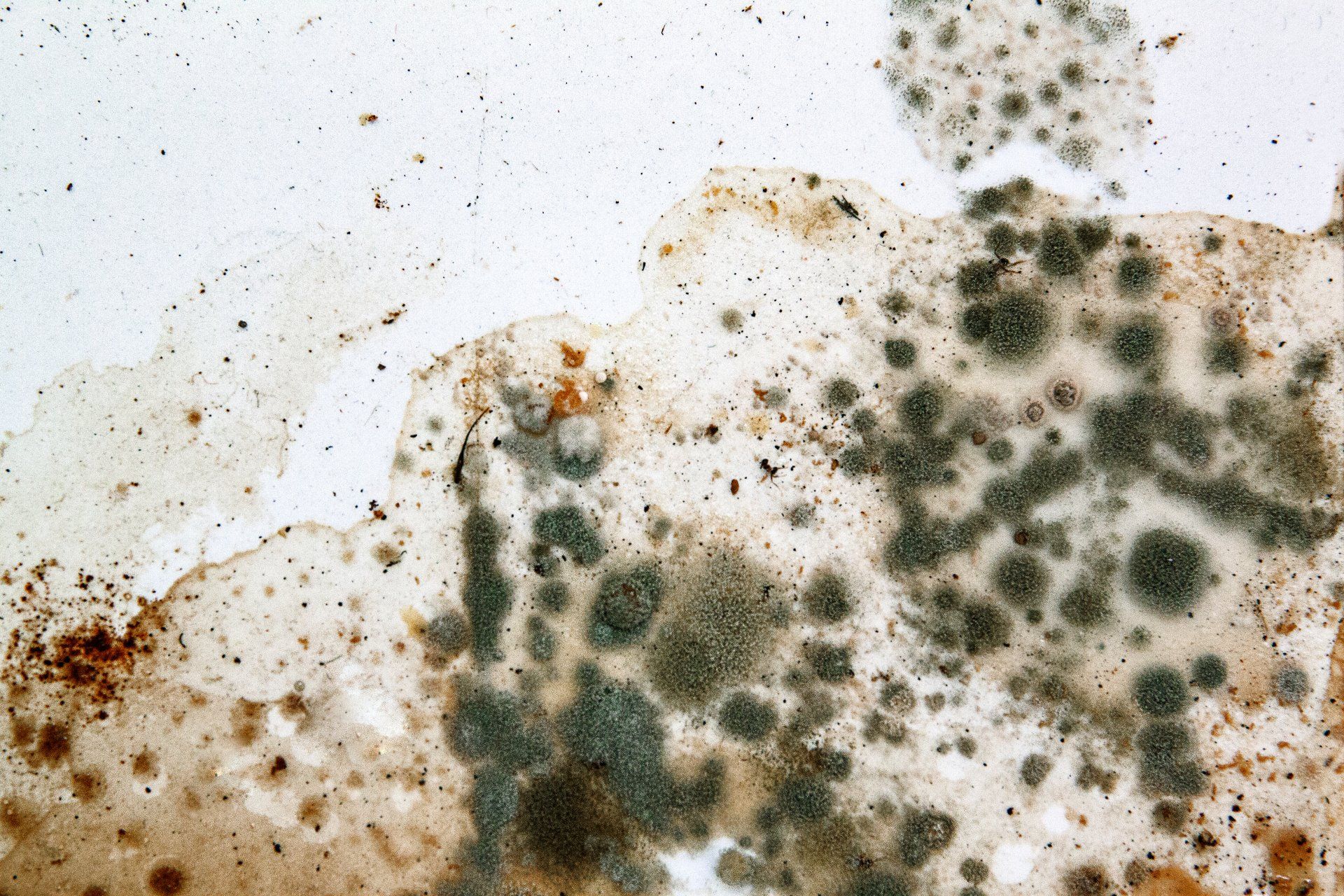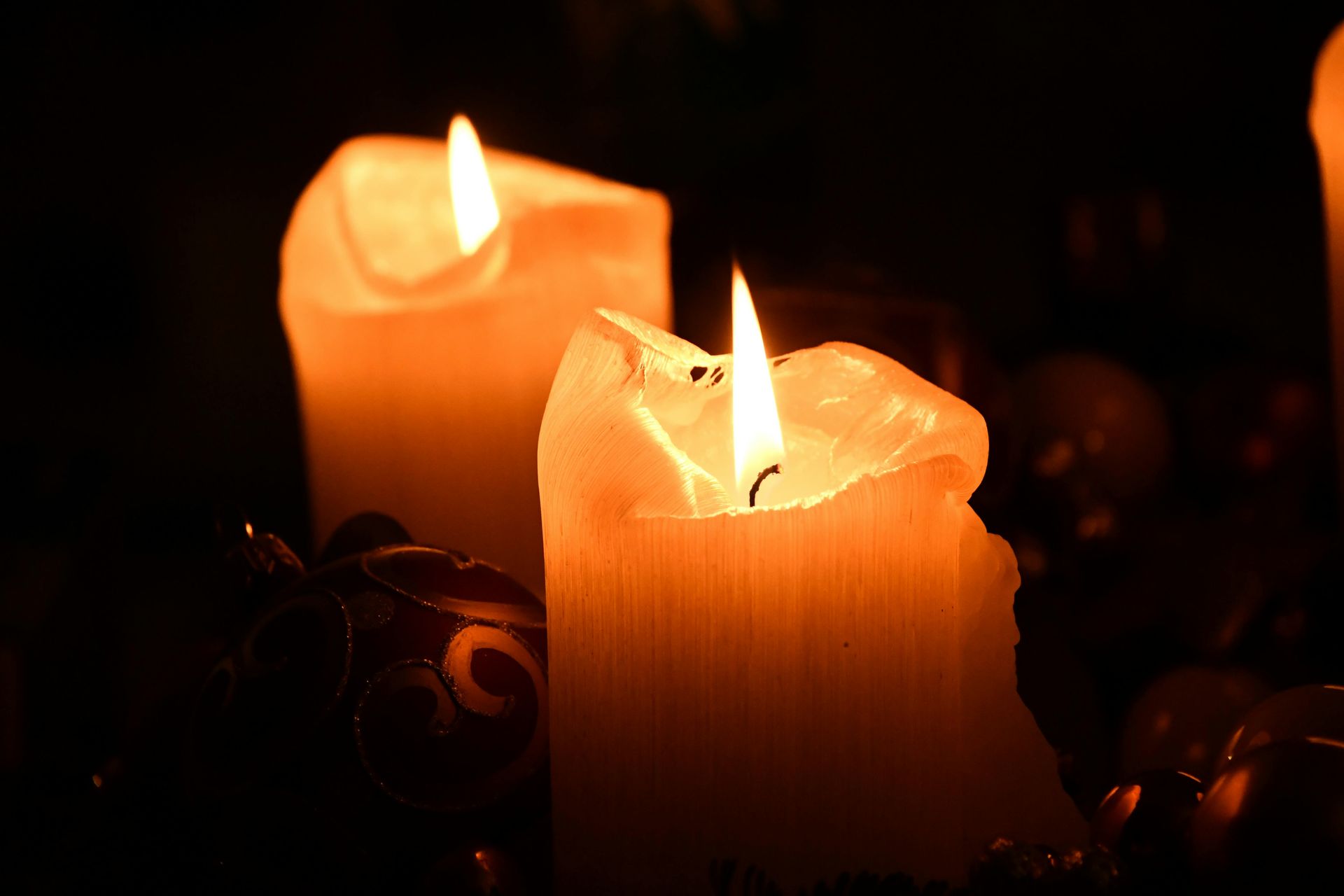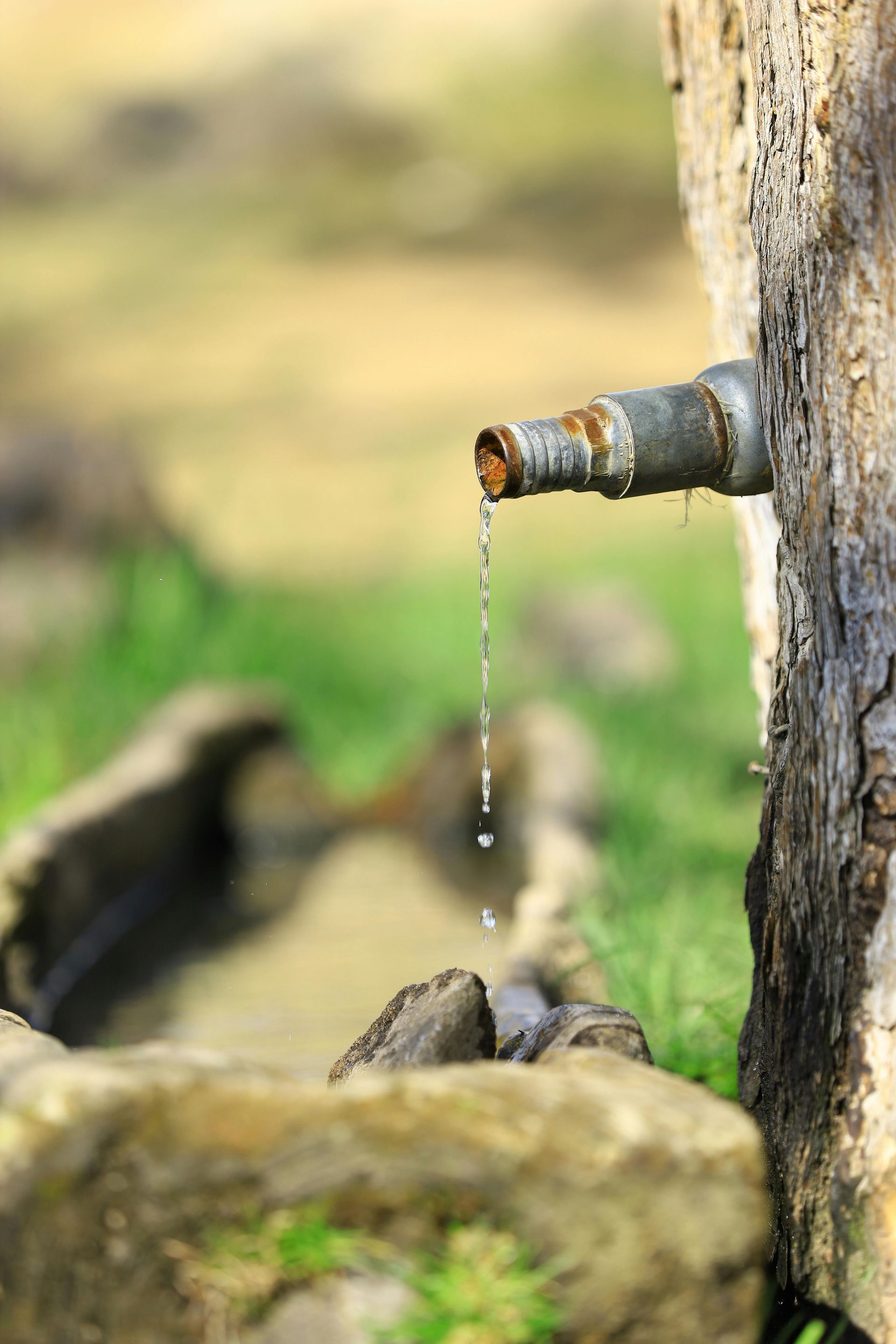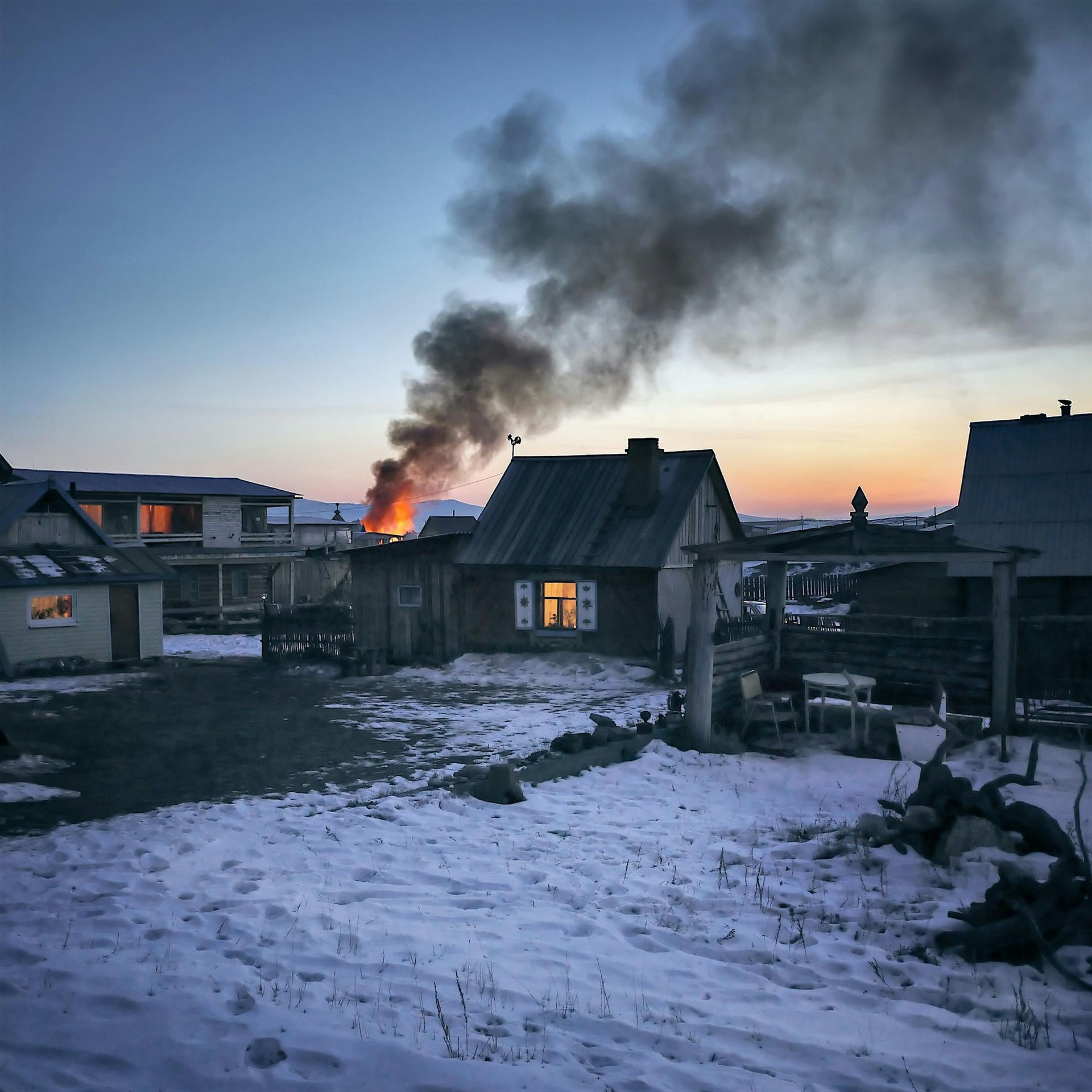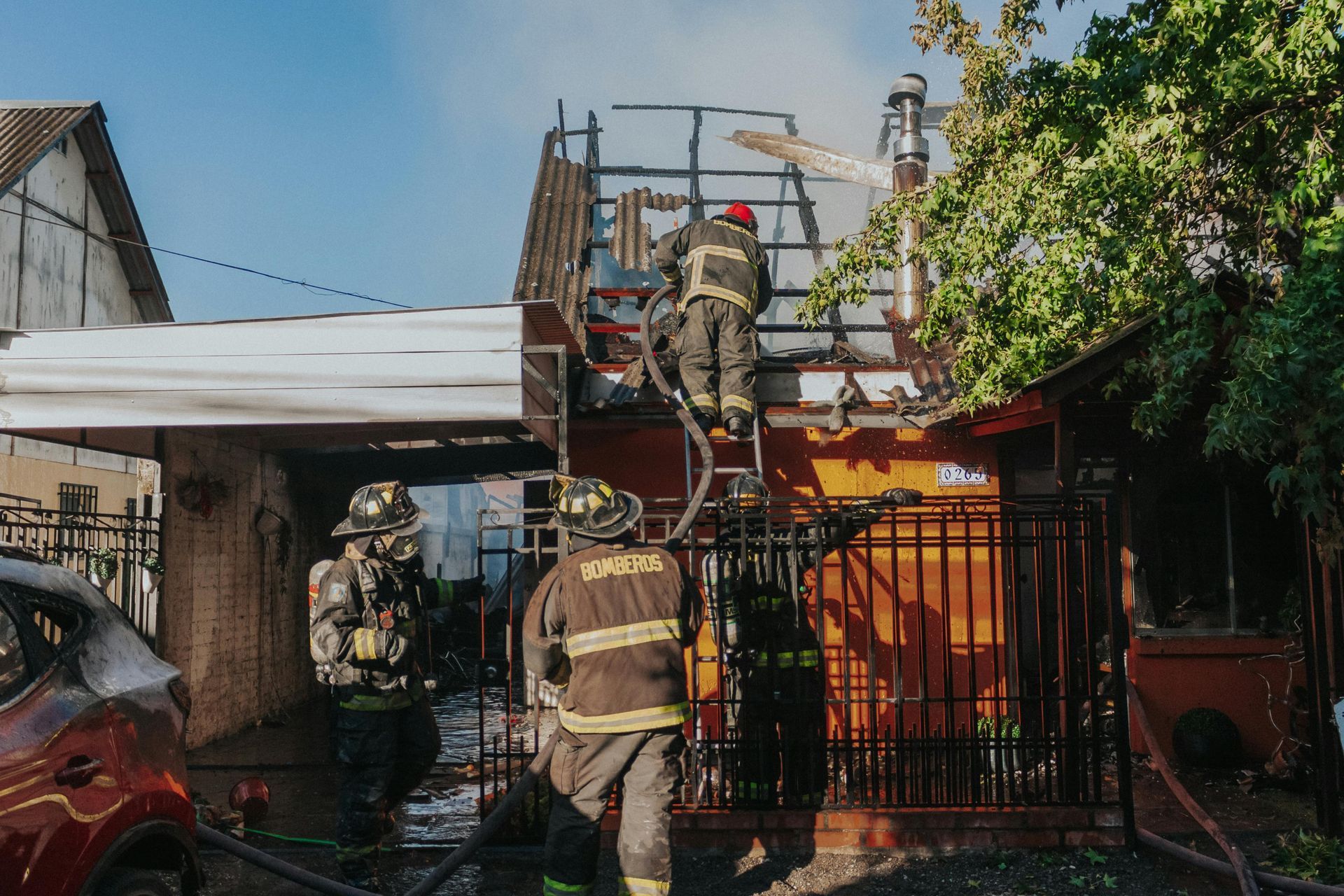How to Prevent Fire Damage in Your Home
Stop Fires Before They Start: A Guide on How to Prevent Fire Damage
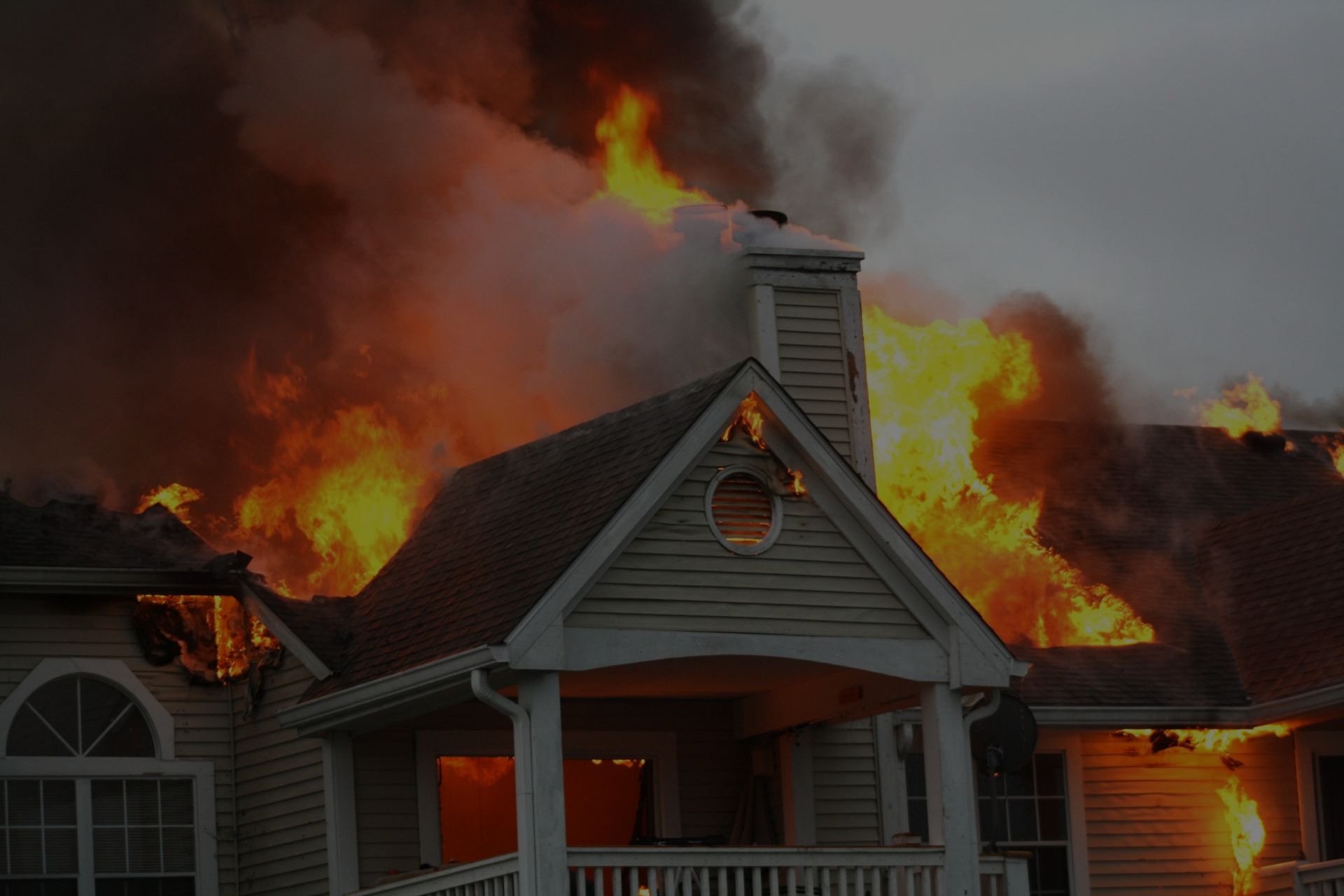
Fire safety is one of the most important considerations for any homeowner. A house fire can cause catastrophic damage to property and loved ones, not to mention emotional trauma that lasts long after the flames have been extinguished. Unfortunately, fires in the home occur more often than many people think. Fortunately, there are steps we can all take to protect our homes from fire.
In this article, we will discuss the importance of preventing fires in the home and provide advice on how to identify and address potential threats before they become a problem. We'll cover topics such as proper electrical safety measures, safe storage of flammable materials, and preventive maintenance for home appliances that can help decrease the chances of a house fire. We will also discuss how to respond and provide resources to prepare for and avoid fire.
Understanding Fire and Its Causes
Fire is an incredibly powerful force that can cause great destruction and devastation when not properly managed. It is a chemical reaction between oxygen in the atmosphere and some sort of fuel source, with the addition of heat or a spark to initiate the process. Once it gets going, fire releases energy that contributes to its own spread by sending out heat, light, and smoke. Check out the common causes of house fires.
- Cooking accidents: Leaving a stove or oven unattended is one of the leading causes of fires in the home. Grease fires can start from leaving oil on high heat for too long; if left unchecked, they can quickly spread and cause significant damage to property and life.
- Electrical issues, including faulty wiring and overloaded circuits, are another cause of home fires. Electric appliances and heating systems that use faulty wiring can generate enough heat to ignite nearby combustible materials and spread quickly out of control.
- Smoking materials such as cigarettes or cigars are a serious fire hazard if not properly handled, particularly in areas where they can come into contact with easily-ignitable items such as furniture or bedding. Carefully disposing of smoking materials is essential to reduce the risk of fire.
- Children playing with matches, lighters, or any other type of open flame can also be a cause of home fires. As children are often unaware of the risks associated with playing with fire, it's important for parents to educate their children on the dangers and ensure they are supervised when around open flames.
- Flammable liquids and gases (e.g., gasoline, propane): These fuels can be easily ignited by an open flame, electric spark, or other heat source. Gasoline vapors igniting near a fuel tank can cause an explosion, and gas leaks from a cylinder can spread quickly in enclosed spaces such as basements or garages.
- Arson or intentional fires: Deliberate acts of arson are a major cause of the fire and can lead to significant damage, destruction, and even death. Intentional fires often occur in locations with inadequate security measures, such as abandoned buildings or public areas that can be accessed by anyone at any time.
- Natural disasters (e.g., lightning strikes, wildfires): Lightning is a major cause of fires, especially during periods of dry weather and drought when vegetation becomes easily combustible. Wildfires can be started by lightning, human activity, or even spontaneous combustion from overgrown vegetation.
Fire Prevention Tips
Fires can cause devastating damage and loss of life, but the good news is that they are largely preventable. How to prevent fire? With some simple steps, homeowners can significantly reduce the risk of fire in their homes. We'll look at a list of practical steps that homeowners can take to effectively reduce the risk of fire in their homes.
Ensure Smoke Alarms Are Installed and Working
Smoke alarms play an important role in fire prevention. They alert people of a fire before it has become too big to put out, giving them time to escape and call for assistance. Smoke alarms should be checked on a regular basis - once a month is recommended - and replaced every ten years.
Installing smoke alarms correctly is essential for them to work properly. All smoke alarms should be mounted on the ceiling or high on a wall, at least 10 feet away from any fuel-burning appliance. Test each alarm after installation and replace the battery annually. Smoke alarms that are hardwired into an electrical system should have their batteries changed every year as well.
Create and Practice an Escape Plan
Having an escape plan in case of a fire is essential for ensuring the safety of you and your family. Creating an effective plan involves identifying all possible exits from your home, such as windows and doors, and having a designated meeting place outside the home where everyone can meet.
It's important to practice the escape plan regularly so that everyone in the family knows what to do in case of an emergency.
When creating the plan, make sure that everyone is included and that all measures are taken to ensure the safety of each person. This includes having a backup plan in case any exits become blocked or inaccessible.
Regularly Maintain Appliances and Electrical Wiring
Regular maintenance of your appliances and wiring is essential for home safety. A few simple steps can ensure the proper upkeep of these items. Check all electrical cords for signs of wear or damage, and unplug them when not in use to prevent overheating. Make sure that you do not overload any outlet or appliance by connecting too many items at once. Additionally, it is important to periodically call a professional to inspect and repair wiring if necessary. Professional help is also recommended when installing or replacing any electrical items in your home. Taking these steps will ensure that your appliances and wiring are safe and functioning properly.
Properly Dispose of Cigarettes and Other Smoking Materials
Smoking materials pose serious dangers to people and the environment. When disposed of improperly, they can start fires, cause air pollution, and contaminate soil and water sources. It's important to practice safe disposal methods to help reduce these risks.
When smoking materials are used indoors, always use an ashtray to dispose of them. This will help to contain the ashes and prevent accidental fires. Never discard smoking materials in the trash or outside. It's also important to empty ashtrays regularly, as ashes can accumulate quickly and become a fire hazard.
When smoking outdoors, be sure to properly extinguish your materials before discarding them in an appropriate container.
Don't Leave the Food Unattended When Cooking
Cooking can be a great way to enjoy delicious food, but it is important to take precautions to prevent accidents and injuries. Leaving food unattended while cooking can have dangerous consequences, such as fires or burns. To avoid these risks, staying in the kitchen while cooking and paying attention to whatever you are preparing is important. Additionally, keep flammable materials away from the stove, such as paper products, plastic items, and fabric. Make sure that pot handles don't hang off the edges of the stove so they don't get bumped or knocked over. Check food regularly to make sure it is not burning or overcooking. Finally, always keep a fire extinguisher nearby in case of emergencies.
Use Caution When Using Candles or Space Heaters
Candles and space heaters can be a source of cozy warmth, but they also come with inherent dangers. It is important to follow some basic guidelines to use them safely. When using candles, always ensure they are placed on a stable surface away from anything that could easily catch fire. This includes curtains, furniture, or any other flammable materials. It is also important to never leave candles burning unattended or in a room with children or pets.
Space heaters should also be kept away from anything that could easily catch fire and monitored closely while in use. Never leave them running when you are not in the room, as this could lead to a devastating fire.
Safely Store Flammable Materials
When it comes to flammable materials, safety is of the utmost importance. Proper storage of these materials can help prevent potential fires and other dangerous accidents. Here are some tips for safely storing flammable materials:
- Keep them in a cool, dry place away from any heat sources such as radiators, stoves, etc.
- Keep flammable materials away from any sources of ignition, such as cigarettes, lighters, or matches.
- Make sure all containers are properly sealed and kept out of direct sunlight to avoid heat build-up.
- Ensure that the area where the materials are stored is well ventilated to prevent an oxygen build-up.
Fire Safety Equipment
When it comes to safeguarding your home from fire damage, having the right fire safety equipment is essential. Here are some of the most important items you should have in your home:
- Smoke Alarms: Smoke alarms detect smoke particles and alert you when there's a fire hazard. Make sure you place them in areas near sleeping spaces and in other key areas of your home, such as hallways, stairways, and the kitchen. Test them regularly and replace them every 10 years to ensure that they're working properly.
- Fire Extinguishers: Fire extinguishers are a must-have for any household; even a single fire can cause significant damage if not controlled quickly. Purchase extinguishers that are designed for home use, as they contain the right amount of powder to tackle most fires. Additionally, make sure you know how to use it correctly and keep it in an easily accessible place near your kitchen.
- Fire Blankets: Fire blankets are typically made of wool or fiberglass and can be used to smother small fires or protect yourself from heat. Place one in the kitchen and have another on hand nearby, so you can quickly grab it in an emergency.
- Sprinkler Systems: Sprinklers are automated systems that will detect smoke and fire and spray water to help extinguish them. These systems are especially useful for larger homes, as they provide a higher level of protection against fire.
- Fire Screens: Fire screens are a great way to prevent small fires from spreading, as they can help contain the flames and smoke. Place them in front of heat sources such as fireplaces or stoves, and make sure they're large enough to cover the entire area.
Dealing With Fire Damage? Call True North Denver!
Fire damage in the home can be devastating, not only physically but emotionally and financially. That's why it's important to take steps to prevent it from ever happening in the first place.
To reduce fire hazards around your home, start by making sure that all electrical wiring and circuitry are up-to-date and in good condition. Avoid overloading outlets, and don't place combustible items too close to sources of heat. If you have a fireplace, make sure to keep the area tidy and clean.
In the event that you experience fire damage, it's important to take immediate action. Sunshine Restoration can help with the process of picking up the pieces and getting your home back in shape. Our professionals are available 24/7 to address any emergency fire damage needs.
Remembering these key points can help you reduce the chance of experiencing serious fire damage in your home. Call us today to learn more!
